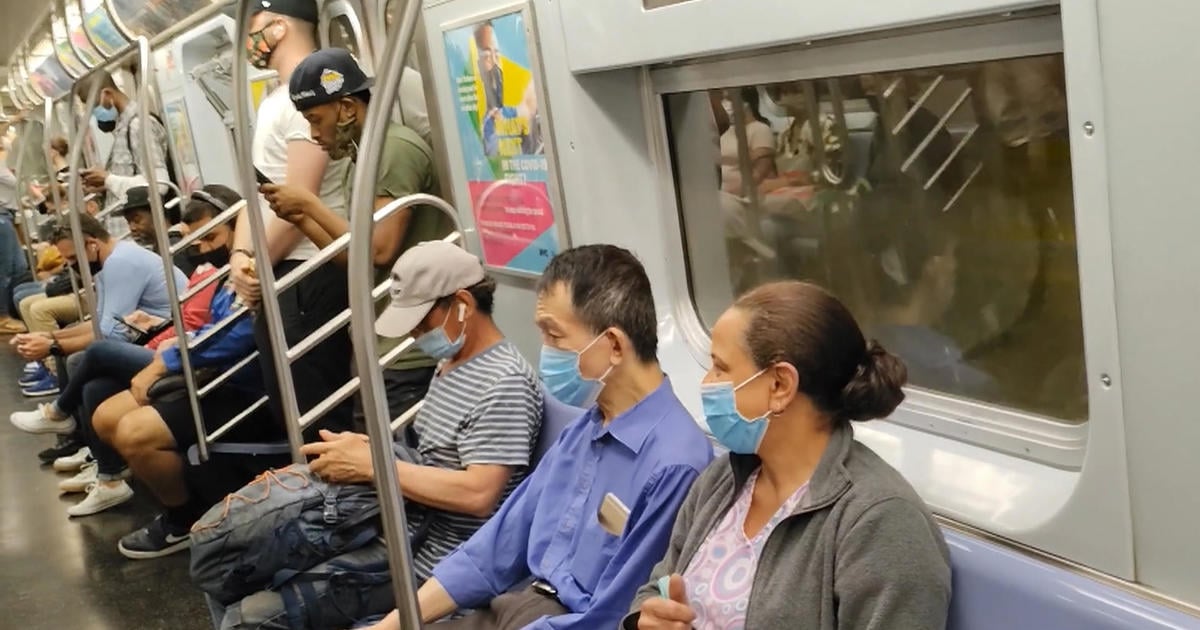In an interview for 60 Minutes, CBS News chief medical correspondent Dr. Jon LaPook posed that question to Linsey Marr, a Virginia Tech University professor specializing in aerosol science.
“They are very helpful in reducing the chances that the person will get COVID because it’s reducing the amount of virus that you would inhale from the air around you,” Marr said about masks.
No mask is 100% effective. An N95, for example, is named as such because it is at least 95 percent efficient at blocking airborne particles when used properly. But even if a mask has an 80% efficiency, Marr said, it still offers meaningful protection.
“That greatly reduces the chance that I’m going to become infected,” Marr said.
Marr said research shows that high-quality masks can block particles that are the same size as those carrying the coronavirus. Masks work, Marr explained, as a filter, not as a sieve. Virus particles must weave around the layers of fibers, and as they do so, they may crash into those fibers and become trapped.
Marr likened it to running through a forest of trees. Walk slowly, and the surrounding is easy to navigate. But being forced through a forest at a high speed increases the likelihood of running into a tree.
“Masks, even cloth masks, do something,” she said.
Not that I expect most people to believe it at this point…



Which was what experts said from the start. Small chance it could get worse. But likely it’ll become endemic? And when it does it’ll just be like the cold. All we need to do is make sure we keep deaths low until it does by following some things like distancing and masking. Shut downs were terrible for many but it saved lives. Meanwhile everyone I knew kept telling me how they were lying about those steps and really it wouldn’t be temporary it was ushring in a NWO under the WHO